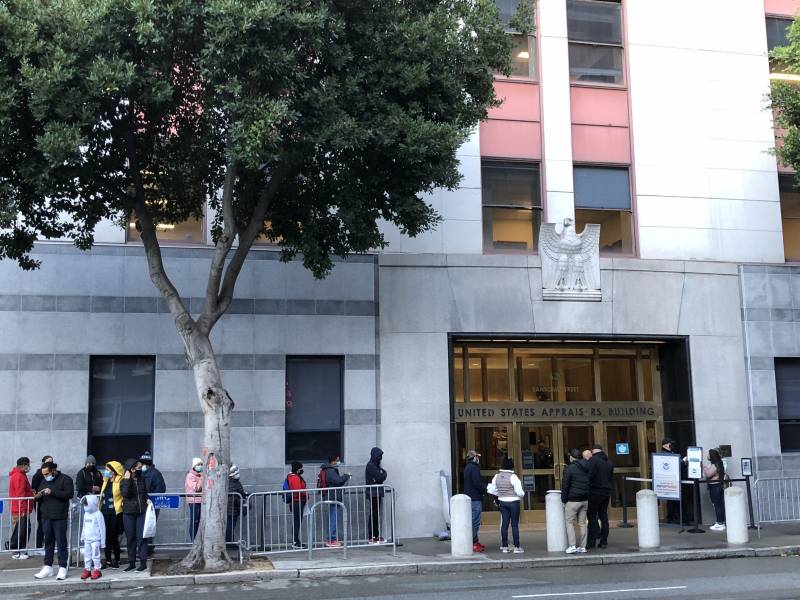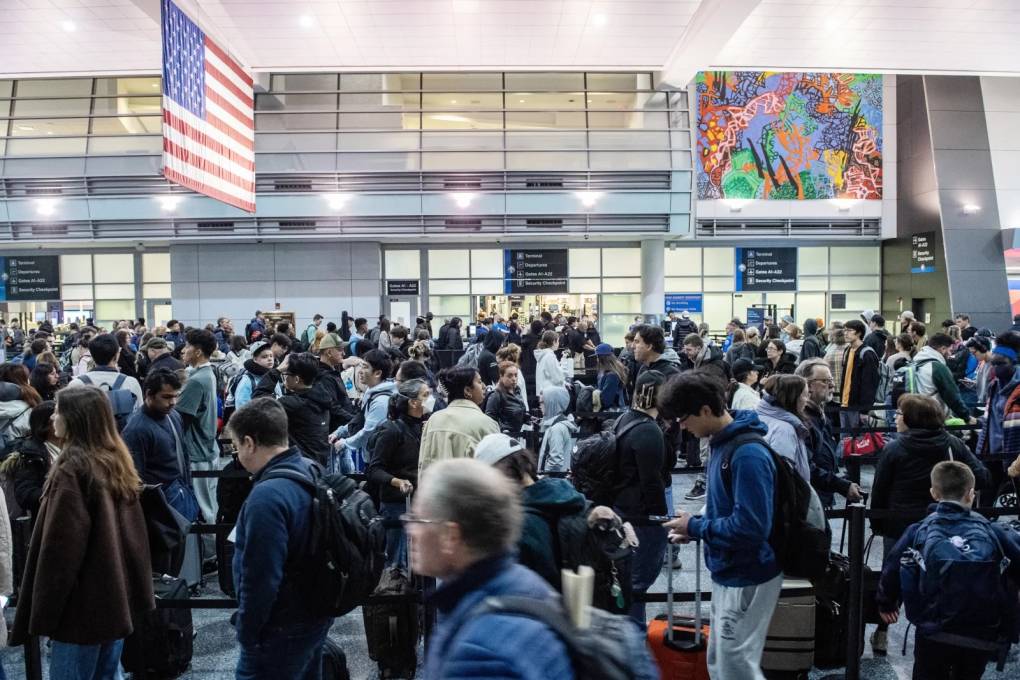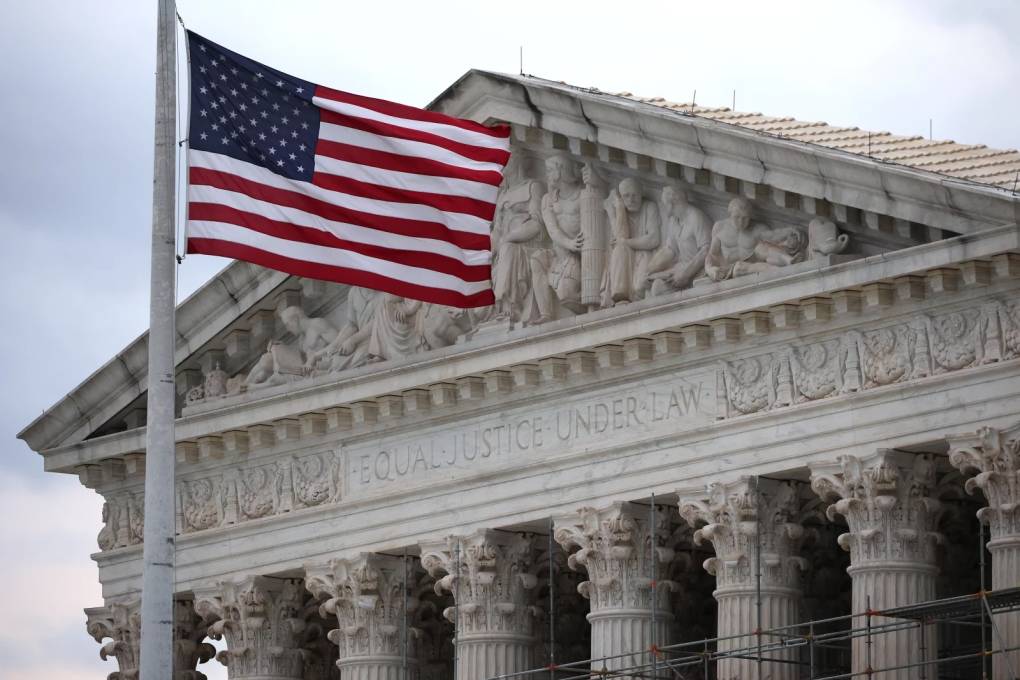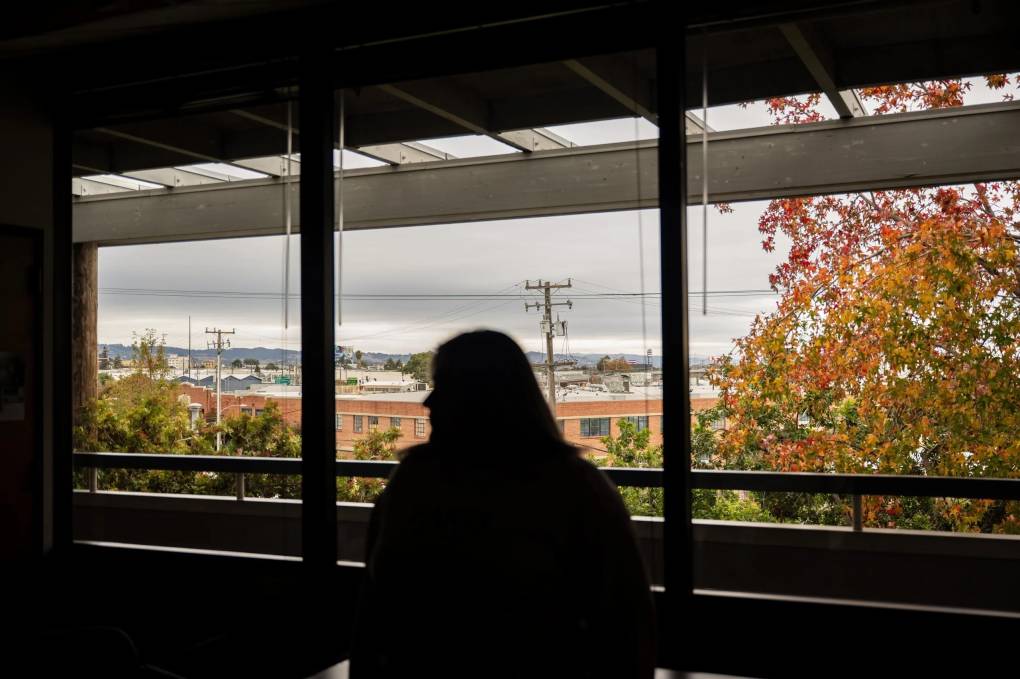Nonpartisan legal organizations with expertise in immigration law have long argued that Congress should create a new immigration court system under Article I of the U.S. Constitution, giving it independent status akin to bankruptcy or tax courts.
Lofgren is preparing to introduce legislation to do just that, in a bill that could be passed by the House this year if Democrats unite behind it. But winning Republican support in the closely divided and deeply polarized Senate would be an uphill battle.
In making the case for an independent court system, Mimi Tsankov, president of the National Association of Immigration Judges, said at Thursday’s hearing that her members are overwhelmed by their staggering workload, which averages 2,700 cases for each of the nation’s 580 immigration judges.
“It seems like no matter how hard we work, that backlog we’re facing just keeps growing,” she said.
The problem, said Tsankov, largely stems from the court agency, formally known as the Executive Office for Immigration Review, being housed within the Department of Justice.
“The DOJ’s control over the courts has yielded extreme pendulum swings, and our apolitical judges are reeling as they navigate their judicial responsibilities on the one hand and heavy political scrutiny,” she said. “We need an independent Article I immigration court. It’s a good government solution. It would legitimize the integrity of immigration court outcomes, and it would support the rule of law.”
Elizabeth Stevens, an immigration expert with the National Bar Association, on Thursday proposed a system in which judges would serve renewable 15-year terms. Appellate judges would be appointed by the president and confirmed by the Senate, and would in turn appoint trial court judges. Under her proposal, a third of the appellate judges would be appointed every five years to ensure that no one president could appoint an outsized share of them, protecting the court from undue political influence.
Rep. Jerrold Nadler, a New York Democrat who chairs the Judiciary Committee, noted that over the last two years Congress has appropriated hundreds of millions of additional dollars to hire new judges. He asked Karen Grisez, a witness from the American Bar Association, why that hadn’t solved the backlog.
The problems affecting the court are complex, and include years of underfunding and continually shifting political priorities, Grisez responded. “And a big one that I would point out is access to counsel,” she added. “The court system would be more efficient if people had lawyers.”



